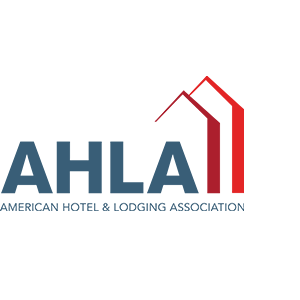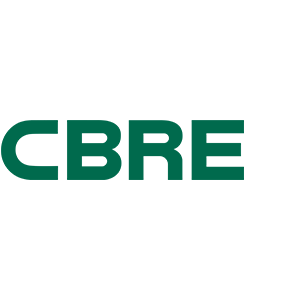Water and the Financial and Operating Context
Let’s start with why water leak detection investment is crucial.
- Today, both property owners and asset managers are grappling with rising operating expenses that decrease NOI.
- There is growing pressure from government entities, investors, and consumers to prioritize water conservation to reduce carbon footprint, which puts further pressure on operating costs.
The Experts Have Advice
Don’t take our word for it. Check out the data from the experts about these challenges.

The American Hotel & Lodging Association recommends that hotel operators lower onsite insurance costs by utilizing technology to reduce liability and prevent future claims.
AHLA issued an advisory to reduce utility costs by focusing on water conservation and waste reduction.

Commercial real estate services and investment firm CBRE advises hotel brands to focus on water conservation and waste reduction as consumers demonstrate growing interest in responsible practices.
All of this points to water leak technology as critical to increasing NOI. With water in mind, the next question is where to focus?
How Water Leak Technology is an NOI Lever in Hotels
- Toilet Leaks for Cost Savings: These are in focus for two reasons: They are the biggest source of household water use, per the Water Research Foundation. And between 5% and 20% of all toilets are leaking. A single toilet monitored for leaks saves a whopping 17,000 gallons of water annually. This means there is real potential for cost savings.
- Water Leaks for Cost Avoidance: For all too long, leaks have been an accepted cost of doing business in hotels. Sometimes it’s a pinhole leak that develops independently, and at other times a resident or guest floods a bathroom. Finding and addressing leaks swiftly is meaningful for cost avoidance. Proactive monitoring can mitigate risks associated with expensive repairs for leaks not caught promptly, including increased insurance premiums, and guest relocation.
- Sensor Technology to Lower Insurance Premiums: Proactive water leak detection can earn a reduction in annual insurance premiums. American Hotel and Lodging Association recommends that hotel operators lower onsite insurance costs by utilizing technology to reduce liability and prevent future claims.
NOI Will Be at the Heart of Your Investment Case
By now you know that a proactive water leak detection system can save NOI and demonstrate tangible evidence of sustainability practices, but need support to justify the investment to achieve measurable results. Here’s how.
Your business objective will be defined in terms of increased net operating income
- Outline cost savings in the form of reduced water and sewer bills
- Define cost avoidance in lowered insurance premiums and reduced leak remediation costs from mitigated damage from leaks caught early
- Calculate your payback period and define a date for ROI
You can also support your case by pointing to the following leading property brands that have successfully invested. We have hotel case studies to help with that.
Calculate Your Potential Savings
Your know your hotel group, we know water. If you’re interested in how sensor technology can improve operational efficiency and deliver on sustainability targets, find out how much you can save with a complimentary assessment.
#HotelNOI #WaterLeakDetection #HospitalityTech #SustainableHotels #HotelOperations #WaterConservation

